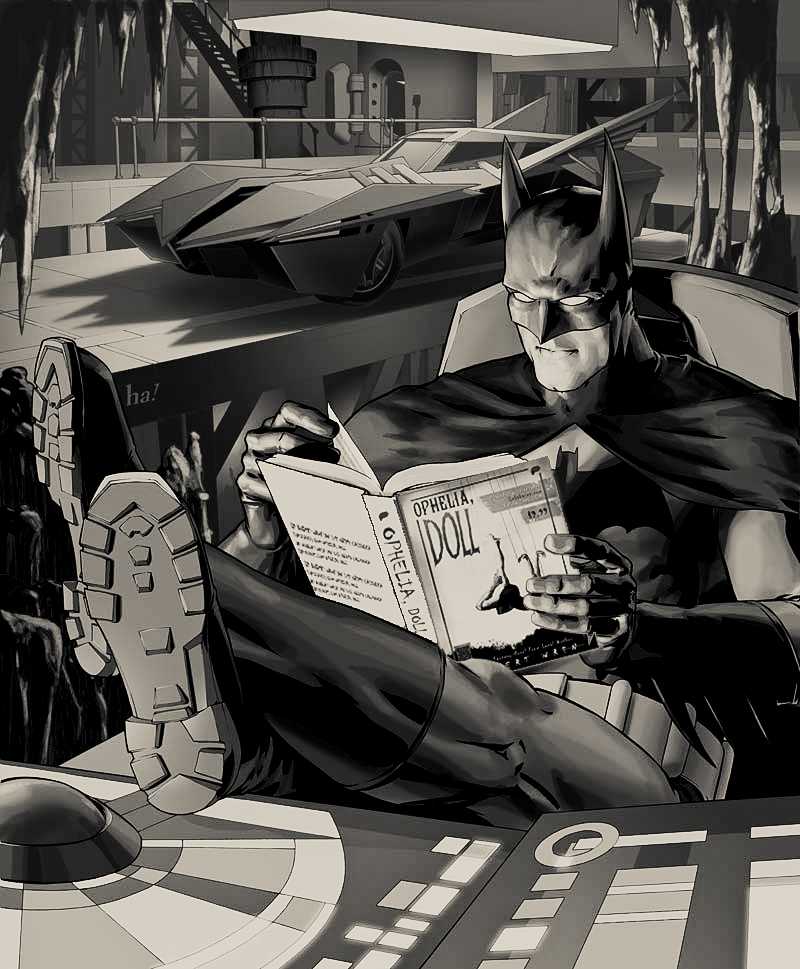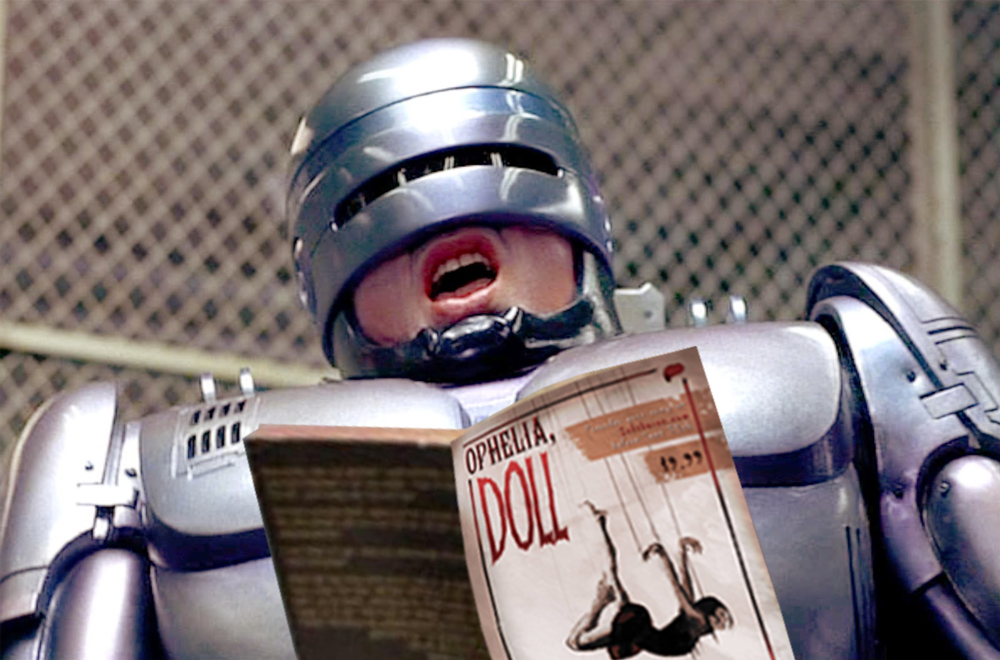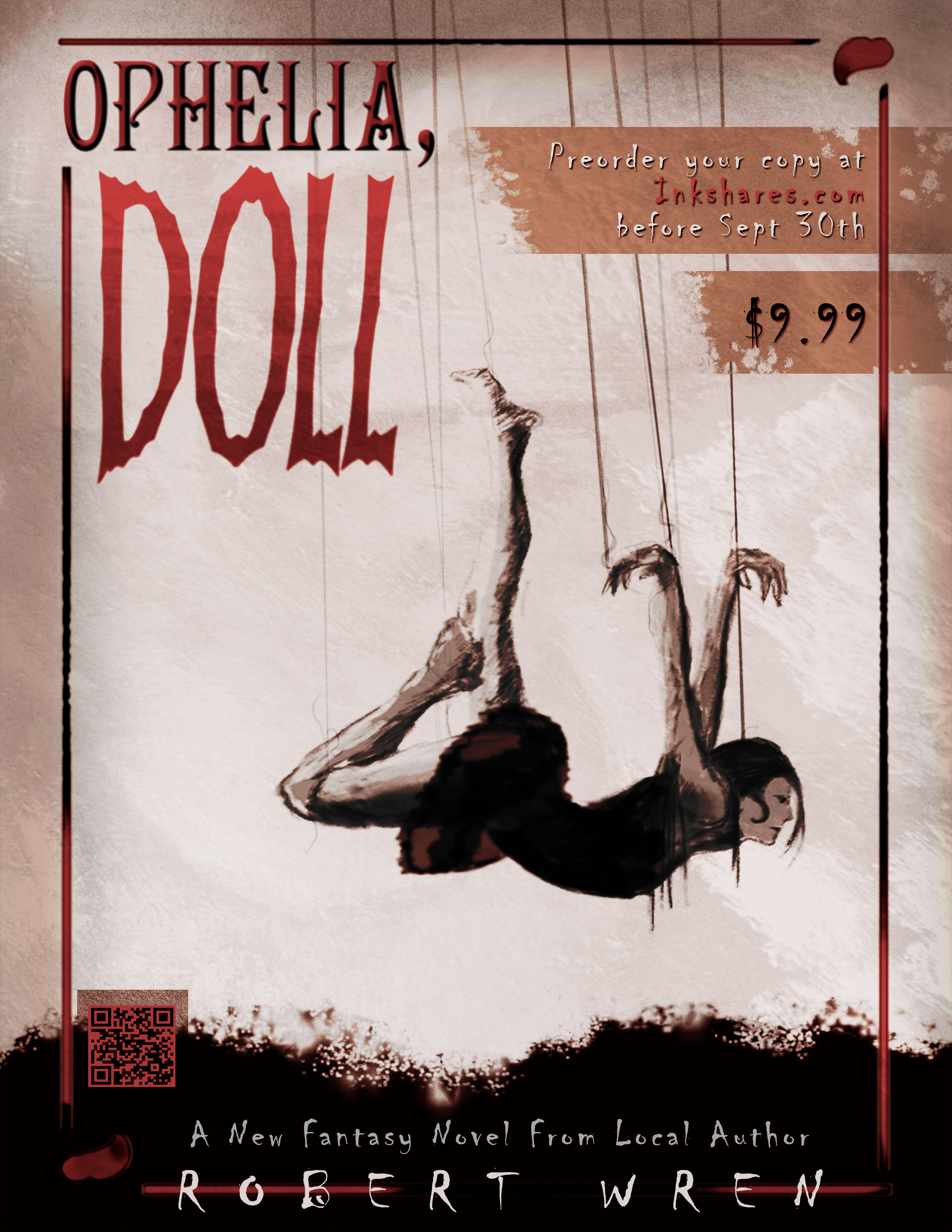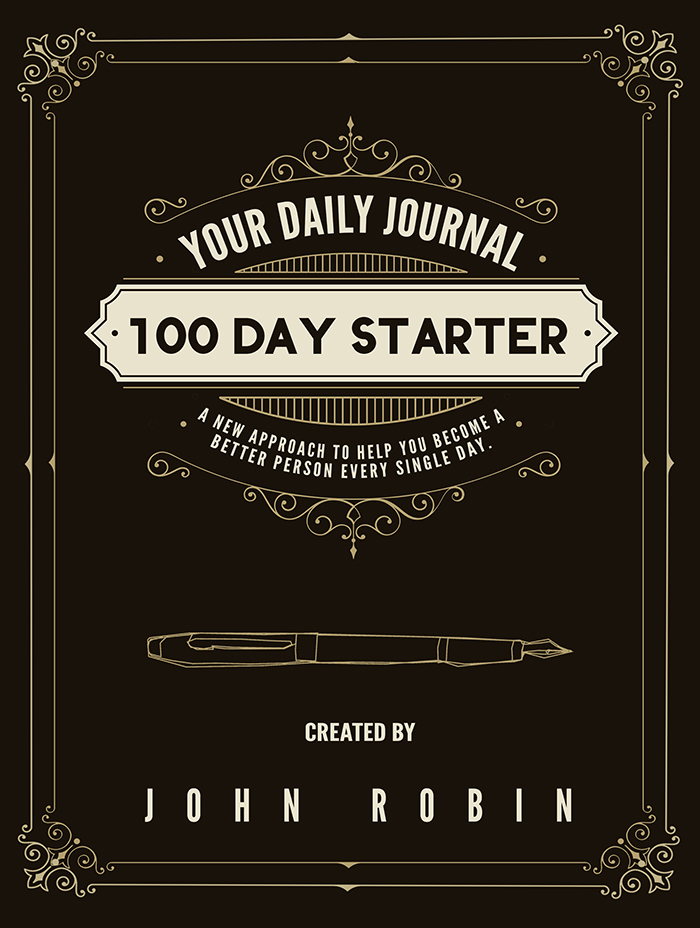Welcome back to World Builders. Today my guest is the author of a Gaiman-esque fantasy novel, with a rich imagination for dreaming up imaginary worlds. Welcome, Robert Wren!
 Robert Wren is the author of Ophelia, Doll. This is his first finished novel, but he has several more in development and is dedicated to making the lifestyle change to full time author. His work tends to feature strong, female lead characters — a point of view that he feels is absent from mainstream sci-fi, fantasy and horror novels — and layers of social commentary. His literary heroes include Ray Bradbury, Hunter S. Thompson and Neil Gaiman. Aside from being a writer, he is also father to a nine year old boy named Hunter, who is an amazing artist in his own right. Unknowingly, Hunter Wren sparked a re-dedication to the craft of writing within Robert when he one day explained that he wanted to be a Park Ranger in case he couldn’t make it as an artist when he grows up. Hearing his nine year old plan his fallback career spurred Robert into reconsidering what it meant to be a father to his son, deciding that spending his life doing the thing he had wanted to do since he was his son’s age was more important than barreling down the career path he was on, with the objective of securing financial stability set as his most important function. Robert’s finacee, Marissa, was an endless fountain of encouragement through the transition. Now that Ophelia, Doll is finished and ready to take into the publishing phase, the pride Robert sees in the eyes of his fiancee and son are daily reminders that his life is now set on the right path for him.
Robert Wren is the author of Ophelia, Doll. This is his first finished novel, but he has several more in development and is dedicated to making the lifestyle change to full time author. His work tends to feature strong, female lead characters — a point of view that he feels is absent from mainstream sci-fi, fantasy and horror novels — and layers of social commentary. His literary heroes include Ray Bradbury, Hunter S. Thompson and Neil Gaiman. Aside from being a writer, he is also father to a nine year old boy named Hunter, who is an amazing artist in his own right. Unknowingly, Hunter Wren sparked a re-dedication to the craft of writing within Robert when he one day explained that he wanted to be a Park Ranger in case he couldn’t make it as an artist when he grows up. Hearing his nine year old plan his fallback career spurred Robert into reconsidering what it meant to be a father to his son, deciding that spending his life doing the thing he had wanted to do since he was his son’s age was more important than barreling down the career path he was on, with the objective of securing financial stability set as his most important function. Robert’s finacee, Marissa, was an endless fountain of encouragement through the transition. Now that Ophelia, Doll is finished and ready to take into the publishing phase, the pride Robert sees in the eyes of his fiancee and son are daily reminders that his life is now set on the right path for him.
Thank you, Robert, for joining my blog today to share a bit about your world building process!
What is the appeal of world-building to you? How does it compare to the importance of character and plot?
I imagine it’s the same reason that readers are interested in the worlds that we design — it’s an escape from reality. I tend to get really agitated over the state of the world, and by creating parallel universes with varying degrees of similarities to our own, I can better digest the circumstances of my own existence.
In regards to the character and plot, I tend to envision the characters first, then the world around them starts to present itself to me. For as long as I can remember, I’ve been a fan of the Role Playing Games, both the tabletop and video game varieties. I would oftentimes spend hours creating the character, the back story and the details of why it is they looked the way they did, what environments cultivated the attitude the character wields. I think that carried over pretty naturally in writing. Then, once I know who the character is and where they came from, I can start to develop the plot by asking myself how they would respond to a variety of situations.
 Do you have a technique for keeping track of world-building as you go? How do you ensure your material is easily retrievable and easy to modify?
Do you have a technique for keeping track of world-building as you go? How do you ensure your material is easily retrievable and easy to modify?
I’m embarrassingly unorganized when it comes to taking notes. I’ve got almost a hundred or so legal pads all around the house and while I manage to keep each pad dedicated to a specific story or world (oftentimes one story gets multiple pads, but no more than one world to a pad), I have a mad scientist approach to writing when I’m in the early stages. I’ll write chapters by hand that I’m almost certain I do not want to include in the book itself just to illustrate the environment and give it a richer history in my own head — sometimes it’s more like a scientific journal describing the world. I can both scatterbrained and intensely methodical. I tap in to the scatterbrain when developing the world because that allows my imagination to wander into places I wouldn’t naturally consider. Then I rely on the methodical part of my brain to make the jigsaw pieces fit together, to analyze what’s left, to fix what holes are present once I’ve put it all together.
Do you use diagrams? If so, what kind? What about charts, schematics, or other visual representations of your world beyond textual material?
I’m not a particularly skilled artist, but when working on an upcoming sci-fi/fantasy novel I’m currently developing, I really had to tap in to every ounce of drawing power I could muster to create the maps for the various continents. This was different than the more character driven task of creating Ophelia, Doll because even though I had a rough idea of the characters, I knew that the world was so vastly different from our own that it needed to be developed first and foremost if I was to truly understand the inhabitants that would make up the cast of the story that I want to tell.
Ultimately, I looked at real life examples to inform my fake world. I remember reading about Egyptian culture and development and asking myself, why did they believe in the gods that they believed in? Why did they settle where they had? If you look at a map, there’s a very natural method to these seemingly chaotic and random events. Egyptians had desert and mountains that acted as a natural defense from other budding civilizations, which meant that they weren’t having to constantly fight off intruding armies — that allowed them the time to develop as a people, to focus on better farming methods, it allowed them the opportunity to learn how to live better.
Because they lived in such dry, hot climates, the food was way different than what people from other places were eating. They had to set up shop along the Nile to make use of what small fertile land was available, so the Egyptians didn’t have the resources to raise large amounts of livestock. As a result, they lived largely on bread and vegetables — not even great vegetables. I’m talking onions and radishes — gross stuff. What would people who lived on that diet be like? They were certainly harder than I am. Everything about them seems rough and somehow more durable than the harsh environment that surrounded them … because they had to be, right?
So I had to ask myself, if I sketched out a continent, filled in its mountains and oceans, rivers and valleys, then where are civilizations most likely to set up shop and thrive? What resources drew them to settle there? What natural defenses would they develop — against intruders, weather, wildlife? What traits would that breed in their citizens? How was the flora and fauna of that region different? What kinds of food would be prevalent?
 How do you balance realism with magic or other world-building elements that allow for departure from the ordinary?
How do you balance realism with magic or other world-building elements that allow for departure from the ordinary?
It largely depends on the piece I’m writing. With Ophelia, Doll, it was important that I make the characters and world believable. For that reason, magic is only hinted at in the beginning, spoken through rumors and superstitions mostly — not that different from how we find it in our world. By the time things take a more whimsical and fantasy driven twist, my hope is that readers have already bonded to the world and will be more accepting, allowing themselves to conceive of the happenings just a little bit more truly.
I’m working on another project that takes a wildly different approach, however, so I don’t think there’s any one way to get it done. The important thing, I think, is that the author believes in what they are writing. They believe that it could happen, that it could exist, with the right confluence of events, or that it is happening on some other plane of existence. It seems wildly pretentious, but the best liars are those who have first convinced themselves- and as fantasy authors, we are liars by trade.
Be sure to check out Robert’s novel, Ophelia, Doll:
 Ophelia, Doll is the tale of a lonely, dissatisfied young girl whose only comfort is the supernatural pact she made with her beloved, dying grandmother. She longs to define her heart’s ambition, but is bombarded with bleak choices as to how her life should play out, following the expected, dreary path. When the demonically possessed Impresario comes to town with his traveling show, Ophelia thinks she’s found the answer to her ordinary life. But at what cost?
Ophelia, Doll is the tale of a lonely, dissatisfied young girl whose only comfort is the supernatural pact she made with her beloved, dying grandmother. She longs to define her heart’s ambition, but is bombarded with bleak choices as to how her life should play out, following the expected, dreary path. When the demonically possessed Impresario comes to town with his traveling show, Ophelia thinks she’s found the answer to her ordinary life. But at what cost?
If this intrigues you, please go over to Inkshares cast your vote by pre-ordering a copy.
Inkshares is a crowdfunding publisher who chooses which books to publish based on whether enough readers have shown interest in them. Successful projects have been reviewed in the NYT, US Today, and Washington Post, and have been distributed to numerous bookstores including Indigo and Barnes & Noble.

